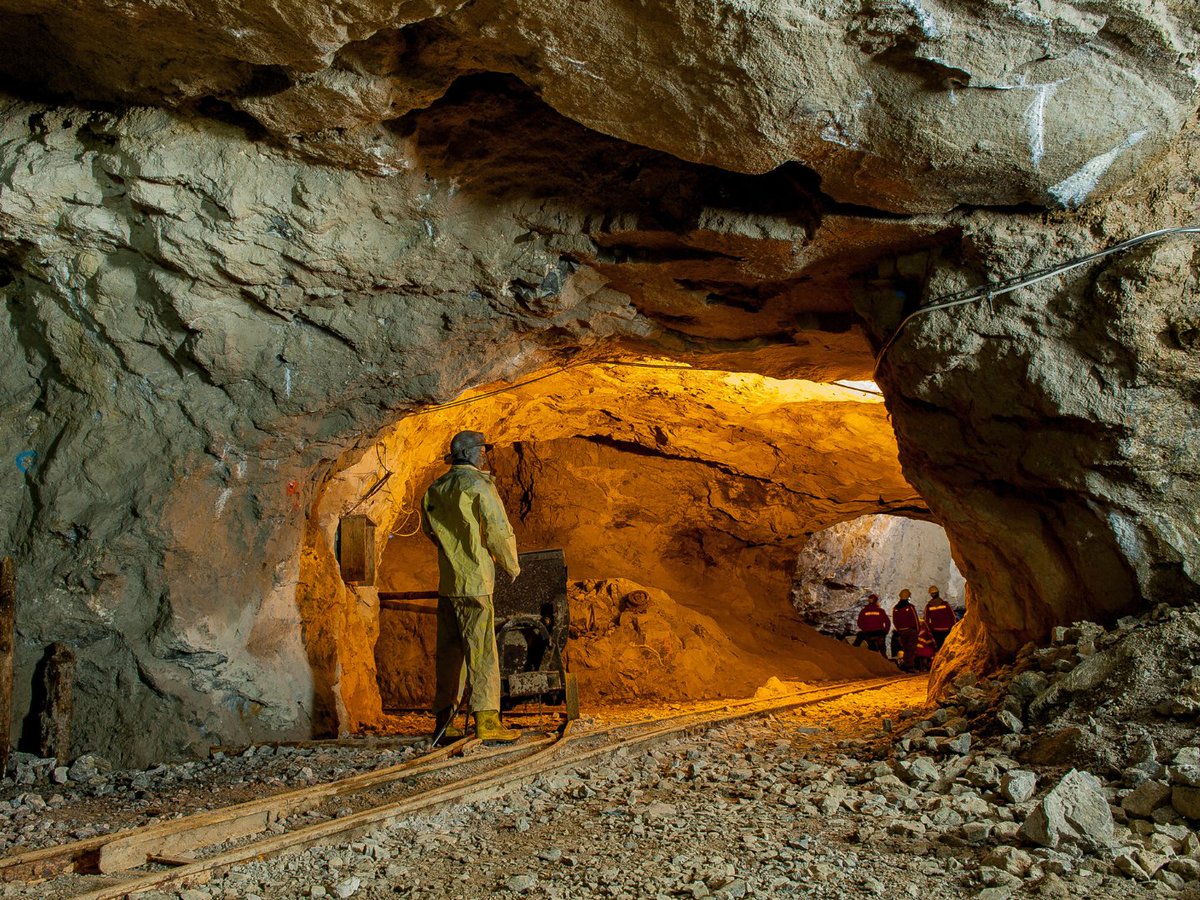
The Gemological Institute of America (GIA) has launched its new grading reports for lab-grown diamonds, offering an updated look and format.
The new documents, branded “LGDR by GIA,” come in digital-only form and use specific color and clarity scores rather than the descriptive terms and ranges that appeared in its previous reports, the organization said Tuesday.
“The evolution of GIA’s reports for laboratory-grown diamonds is fully aligned with our mission to protect all consumers,” said Susan Jacques, GIA president and CEO. “Everyone who purchases gemstone jewelry — whether natural or laboratory-grown — expects and deserves the information, confidence and protection that come with a GIA report.”
The offering includes two different Laboratory-Grown Diamond Reports for colorless synthetic diamonds — a standard report and a dossier — and two for colored diamonds: one with plot diagrams and one without.
Notably, the GIA avoids calling the documents “grading reports” — a term it reserves for natural diamonds. Earlier this week, the World Jewellery Confederation (CIBJO) recommended that laboratories use that term only for natural stones and instead call synthetics reports “Laboratory-Grown Diamond Product Specifications,” arguing that the concept of grading implies rarity.
“The color and clarity specifications for laboratory-grown diamonds are described on the same scale as GIA grading reports for natural diamonds, but that does not correlate to nature’s continuum of rarity,” the GIA noted.
The reports state that a stone was created by chemical vapor deposition (CVD) or High Pressure-High Temperature (HPHT) and that it may include post-growth treatments to change the color. Each report also comes with a QR code linking to a custom page on GIA’s website with information about lab-grown diamonds.
Each stone will also receive a laser inscription with the report number and the words “laboratory-grown,” unless another acceptable term already appears on the girdle.
Source: DCLA


No comments:
Post a Comment